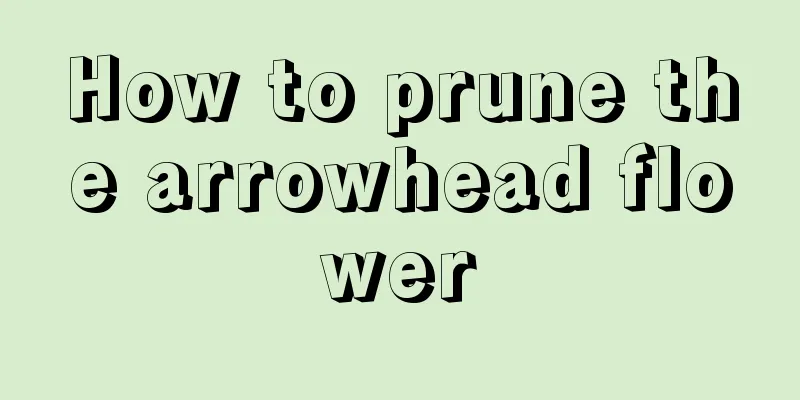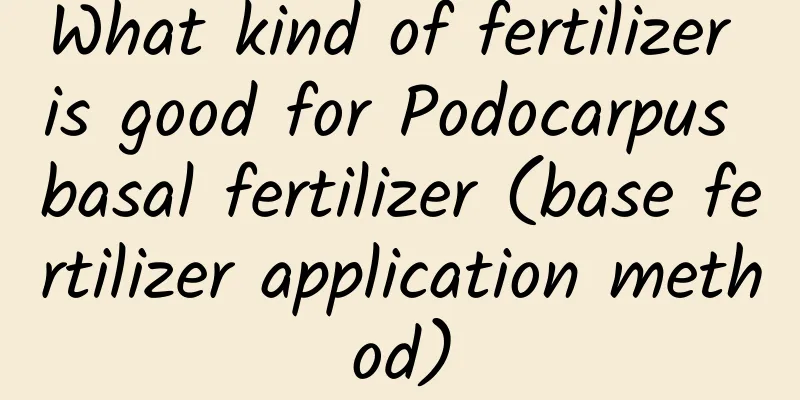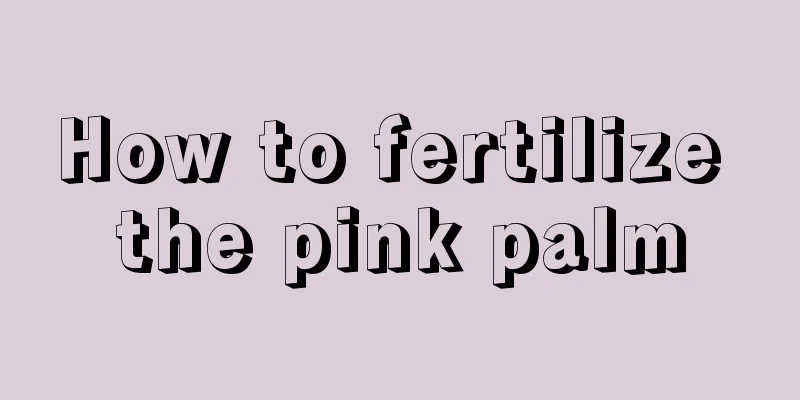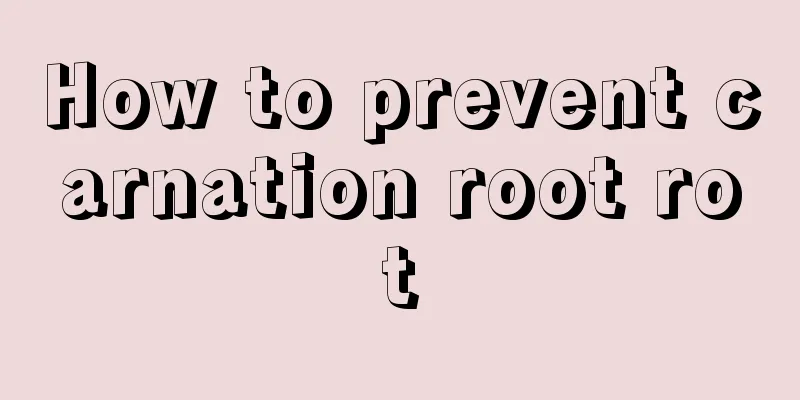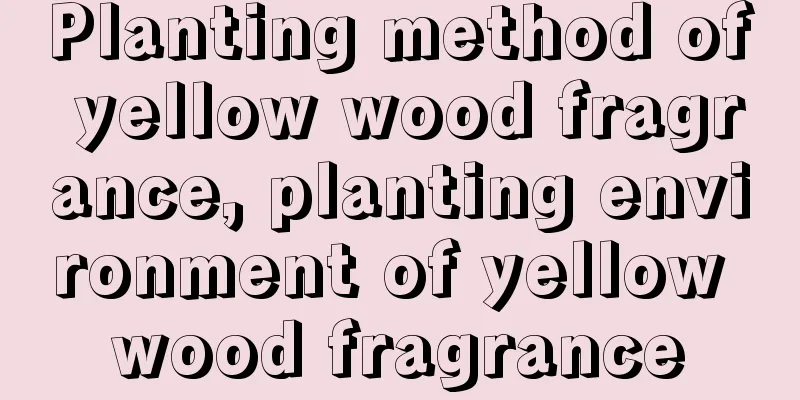Pest control for cyclamen
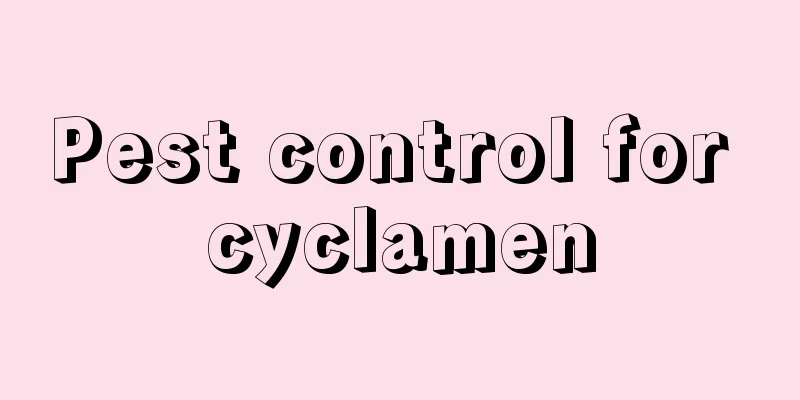
Ground fliesThe larvae damage young stems and roots, and in severe cases the seedlings die. Prevention and control measuresYou can use 3000 times the solution of 2.5% cypermethrin emulsifiable concentrate for prevention and control, and the effect will be better if you spray it on the ground around the plants. MitesIt harms bulbs, leaves, and flowers, causing flower buds to rot and leaves to lose their green color and become twisted and deformed. Prevention and control measures1. Remove weeds and reduce insect population 2. Spray 2000 times the dilution of 73% cypermethrin emulsifiable concentrate. If the insect population density is too high, spray 2-4 times continuously with a 10-day interval between each spray. ThripsIt harms young leaves and flowers, causing spots, streaks, withering of buds, new leaves, and flowers, and twisted and yellowed leaves. Prevention and control measures1. Hang blue insect sticky board. 2. Spray 1000 times diluted 50% cypermethrin emulsifiable concentrate or 2000-2500 times diluted 10% imidacloprid wettable powder for prevention and control. aphidIt harms young leaves and flower buds, forms galls, induces sooty mold disease, and spreads viruses. Prevention and control measures1. Release natural enemies such as ladybugs and lacewings for prevention and control. 2. Set up sticky insect boards to lure and kill aphids or cover with plastic film to avoid aphids . 3. Use 2000 times diluted 50% aphid-repellent wettable powder and 1500 times diluted 10% imidacloprid to spray alternately for prevention and control. WoodliceIt feeds on leaves, roots and stems, causing leaf and stem notches and rot. Prevention and control measures1. Remove weeds and spread quicklime powder. 2. Use 500 times diluted 50% carbaryl wettable powder or 2000 times diluted 2.5% cypermethrin to spray the ground, straw mats, and insect traps to kill them. SlugScrape the leaves until the plant dies. Prevention and control measures1. Apply decomposed organic fertilizer. 2. Cultivate on high ridges, cover with plastic film, and break the film to raise seedlings to reduce harm. 3. Soak the camellia oleifera powder and clean water in a ratio of 1:10 for 24 hours. Dilute the filtered water by 20 to 50 times and sprinkle on the seedbed or spray. 4. Sprinkle quicklime powder around the affected plants. 5. In the evening, spread 2% poison bait on the ridges to kill snails. Scale insectsDamage to leaves and flowers Prevention and control measures1. Remove diseased plants in time. 2. Spray 1000 times diluted 10% imidacloprid emulsifiable concentrate or 1500 times diluted 25% mealybug for prevention and control. |
<<: Pest Control for Succulents
>>: Identification and control of major plum blossom pests
Recommend
What kind of fertilizer does sunflower like? How to fertilize sunflower
1. Fertilization method Although it is tolerant t...
How to grow passion fruit to make it bloom and bear fruit? How many times a year does passion fruit in the south bear fruit?
1. Maintenance skills 1. Even light: When growing...
How to apply winter fertilizer to grapes?
In order to have a good grape yield, fertilizatio...
The efficacy and function of grass
1. Calm your mind and soothe your nerves Due to i...
How to propagate magnolia
1. Seed propagation First, you need to collect se...
Which month is the best for planting green vegetables? How many seasons can be planted in a year?
Which months are suitable for planting green vege...
How to save seeds from hand-twisted gourds
How to get the seeds of hand-twisted gourd The ha...
A flower lover took only two months to grow a bare money tree into a lush and leafy one. How did he do it?
1. If the money tree doesn’t grow, it’s probably ...
How to identify wild Cistanche deserticola and how much does it cost per pound
1. How to identify 1. It can be identified based ...
Cultivation methods and precautions of ground juniper
1. Watering It likes a humid environment and usua...
How to grow potted pomegranate trees? Cultivation methods and maintenance matters
How to grow pomegranate trees in pots 1. Soil: Po...
Causes and treatments for yellow leaves of purple pearl
1. Lighting Issues Reason: Purple pearls have a r...
Northeast garlic planting time and cultivation methods
Garlic is an herbaceous plant of the genus Allium...
Increase your luck during the holidays by putting out these 3 kinds of lucky flowers to create a joyful atmosphere!
1. Good fortune The name of the flower, "Luc...
Cultivation method of Areca palm
1. Soil Areca palm prefers soil with high nutrien...
